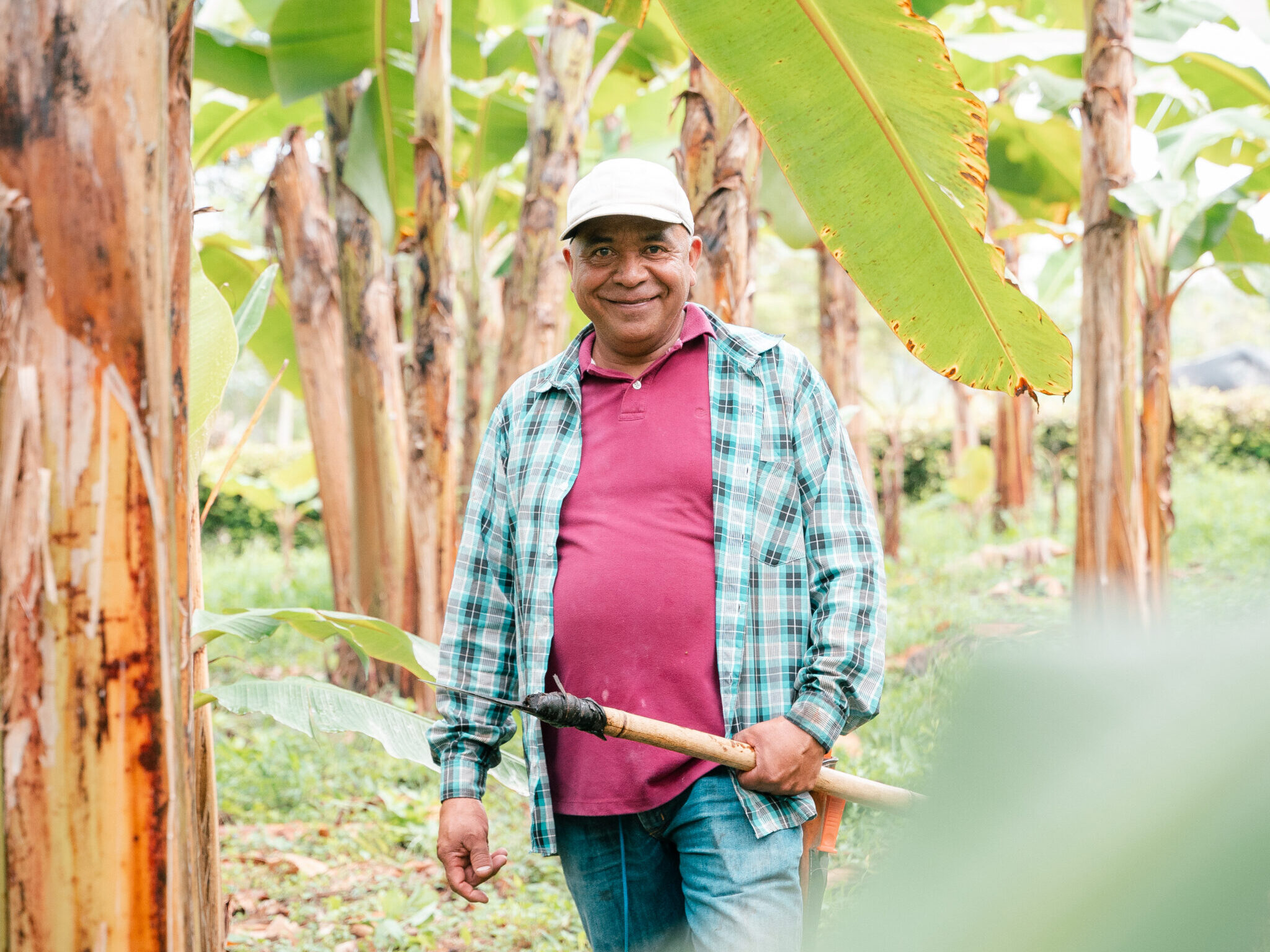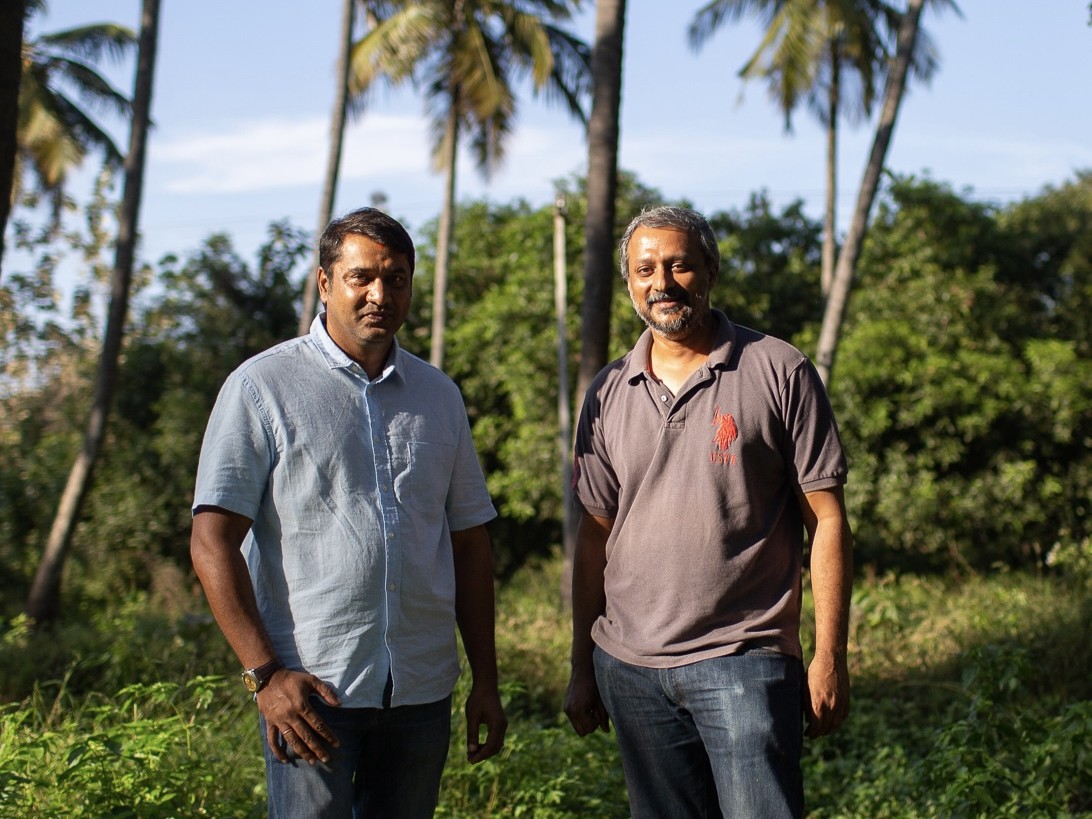OGC becomes first company in the United States to be owned by a perpetual purpose trust, with financing support from RSF Social Finance
PORTLAND, Ore. – July 9, 2018 – Imagine a company where the largest stockholder never wants to sell its stock or take a profit. And where leadership is directed to focus 100 percent on the company’s founding purpose: to deliver a positive impact on people and planet through its products and services. Today, Organically Grown Company (OGC) becomes that company: It is the first U.S. business to use trust law to restructure itself to support purpose-based entrepreneurship, ownership and succession.
RSF Social Finance provided a $10 million loan to help buy out OGC’s previous shareholders and recapitalize the business, plus $1 million in working capital. “We see a trend toward financing structures that provide growth capital that is nondilutive,” said Kate Danaher, senior director, integrated capital at RSF. “The Purpose Trust provides an option for entrepreneurs that has not existed before, and I expect an increasing number of social enterprises to seriously consider this new model. The whole purpose-driven business sector is hungry for alternative ownership structures.”
Danaher added that OGC is an excellent fit with RSF’s work to transform the food system and provide the kind of capital that social enterprises need to achieve their mission.
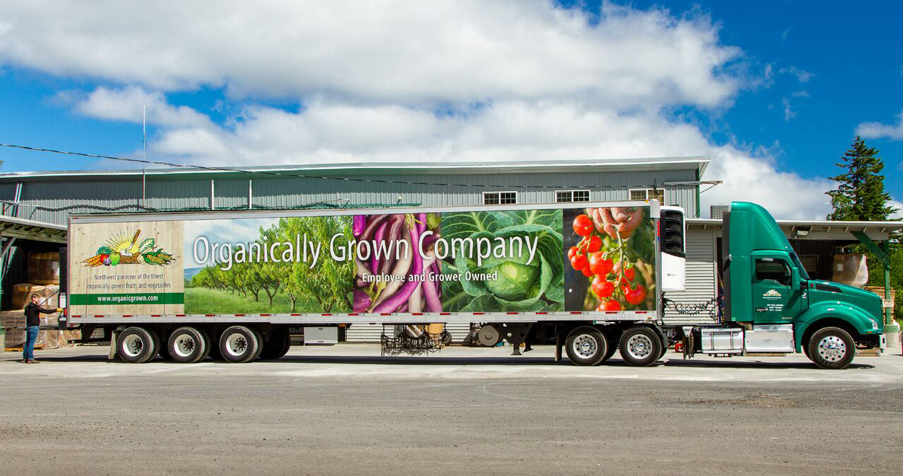
How to scale without selling out
As one of the founders of the organic marketplace in 1978, OGC is no stranger to trailblazing. For 40 years, it has been an industry leader, promoting health through organic agriculture and corporate responsibility through sustainable business practices. It also has grown to become one of the largest independent organic produce distributors in the nation, moving more than 100 million pounds of fresh fruit and vegetables across the Pacific Northwest last year. Now, OGC is addressing one of the most common business challenges of our times—how does a values-based business scale and transition its founders without “selling out”? – by bringing a new ownership model to the marketplace.
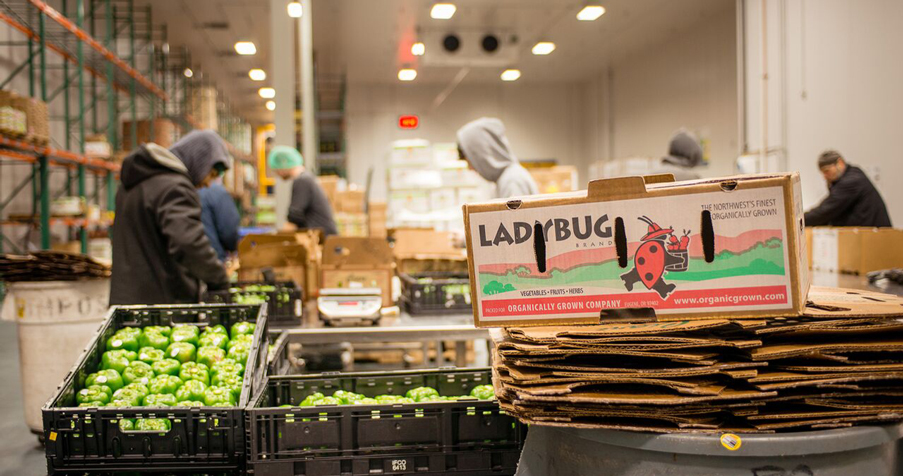
Previously employee- and grower-owned, OGC is making a bold move to buy back all the shares from its stockholders and transfer them to the Sustainable Food and Agriculture Perpetual Purpose Trust. The Trust, created by the company, will eventually hold 100 percent of the ownership rights and will ensure that the company delivers positive economic, social and environmental impact and maintains its independence in perpetuity, never to be sold. The Trust is overseen by a committee whose members are organic industry veteran leaders including Joe Rogoff, a former Whole Foods Market President, and Organic Valley CEO George Siemon.
Through this new structure, the pressure to maximize short-term quarterly profits and exit-value for shareholders is removed. Instead, OGC will maximize “purpose” by creating long-term returns to mission-aligned evergreen investors and sharing the balance of profits with their stakeholders, including farmers, coworkers, customers and community.
Shared success, financing aligned with mission
“This groundbreaking ownership model embeds OGC’s commitment to organic and sustainable agriculture, and corporate, social and environmental stewardship into our governance and financing structure. Placing the company into a Purpose Trust ensures that we stay focused on our mission as North Star, share real-time rewards with our stakeholders and have aligned financing to increase our impact,” said Elizabeth Nardi, CEO of Organically Grown Company.
In purpose-run companies, profits are a means to an end, but not an end itself, and are primarily reinvested to serve the mission. Control rights and responsibility lie with the staff who are tasked with producing long-term value rather than immediate financial returns.
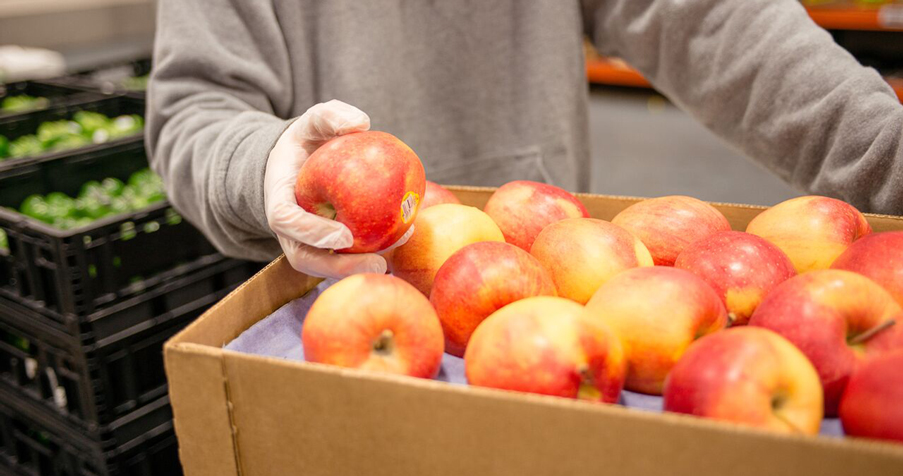
To develop the concept for and implement the Purpose Trust, OGC partnered with attorney Ronald D. McFall, a leading expert in cooperative law, and a team from his firm, Stoel Rives LLP. With one of the largest food and agribusiness law practices in the United States, and with comprehensive experience across every tier of the industry, the Stoel Rives team was uniquely prepared to assist OGC with this landmark change.
“Organically Grown Company is on the leading edge of a movement to shift the paradigm in business to ‘steward ownership’ where companies are self-owned by their community of stakeholders for the long-term, rather than a commodity to be bought and sold,” says Natalie Reitman-White, VP of Organizational Vitality and Trade Advocacy at OGC. “We are excited to forge partnerships to spread these models.”
# # #
About Organically Grown Company
Founded in 1978 by a few gardeners, small-scale farmers, hippies, environmental activists and dreamers living near Eugene, Ore., today, Organically Grown Company buys, aggregates and distributes fresh, organically grown produce to retailers and eaters across the Pacific Northwest region through its four facilities in Washington & Oregon, and workforce of over 200. When people in the Northwest purchase organic fruits and vegetables at their grocery store, there is a very good chance that it’s there because of OGC. For the past 40-years, the company’s progressive and entrepreneurial spirit has fueled its mission and growth, meeting the demand for organics in the marketplace while supporting its community of farmers. Yet at the core of OGC is a simple idea that has held steady since the beginning: that organic agriculture is necessary for a healthy environment and healthy people. Their goal is to support organic agriculture and help it thrive, by doing business in a way that is good, clean and fair. Learn more at www.organicgrown.com
About RSF Social Finance
RSF Social Finance offers innovative opportunities to invest, give, and get funding that generate positive social, economic, and ecological impact. Since 1984, RSF has made over $500 million in loans, grants, and investments supporting social enterprises in the areas of food and agriculture, education and the arts, and ecological stewardship. Find out more about how RSF connects social entrepreneurs with diverse forms of capital. Follow @RSFSocFinance.
Media contacts
Organically Grown Company:
Tonya Sanchez, tQsanchez@organicgrown.com, 503.907.3705
Amy Brown, amelia3443@gmail.com 503.341.3795
RSF Social Finance:
Sarah Grolnic-McClurg, Thinkshift Communications
sarah@thinkshiftcom.com
510.898.1837
